A LOVE STORY
Walk on the bright side is a philosophy we share with our suppliers. How could it be otherwise? We’ve been working hand in hand with most of them for over 10 years! 10 years of phone calls, meetings, and projects carried out together. 10 years of cementing bonds of lasting trust. Chosen for their expertise as well as their social and environmental know-how, our suppliers are actively involved in ba&sh’s ambitious transformation project. We work with them every day to improve the quality and durability of our products.
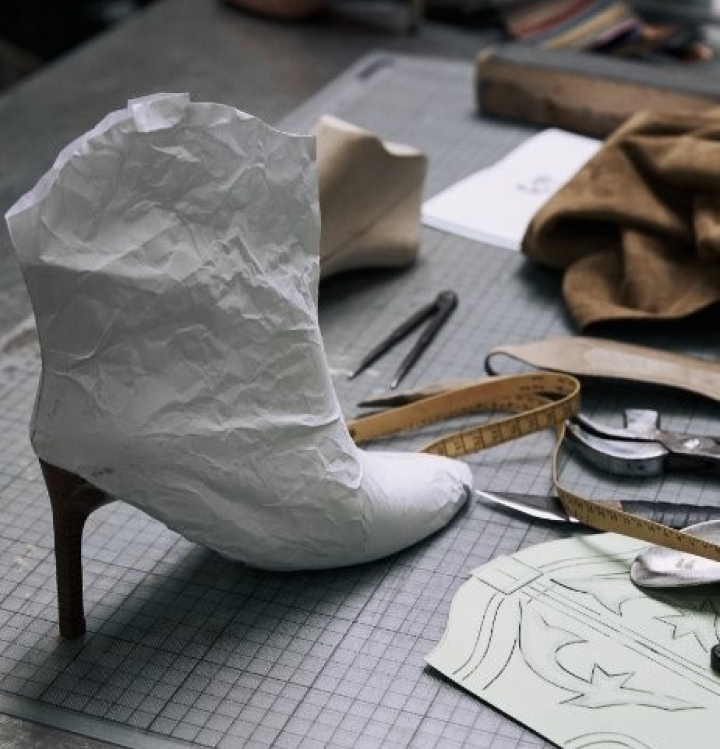
Social responsibility
Concerning the production conditions of our garments and accessories, we have established a strict social and environmental compliance policy to ensure our standards are met:
Supplier Code of Conduct
Each year, all of our suppliers sign our Code of Conduct and commit to the ethical principles it contains, which are based on the fundamental principles and rights defined by the International Labour Organisation (ILO). Our suppliers must also ensure that their own subcontractors comply with these principles.
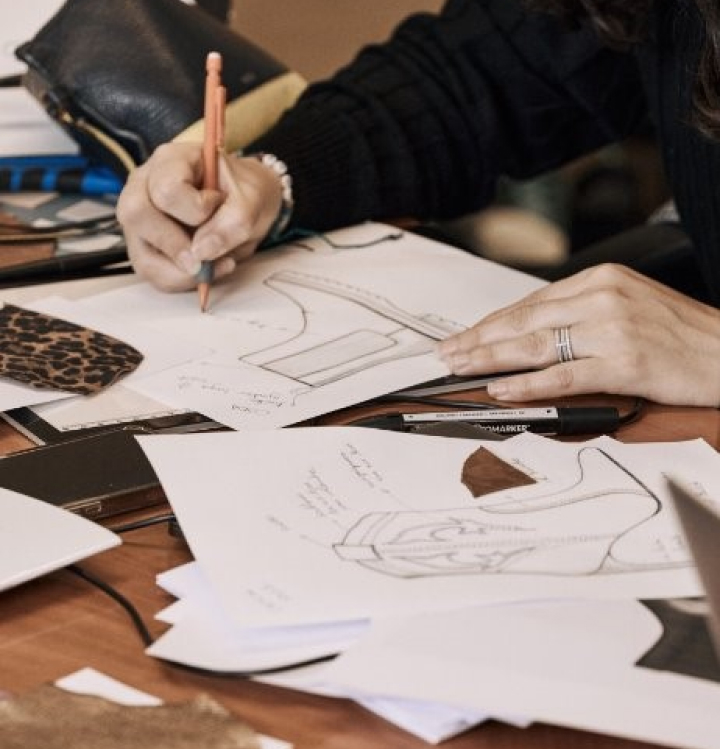
Social audits
ba&sh applies a strict social audit policy. We require all production sites (our direct suppliers - tier 1) to conduct social audits every 2 years with an accredited independent third party. We recognise only the most demanding international standards: BSCI, SMETA, ICS and WCA.
... And, most recently,
ba&sh has also launched environmental audits, starting with our denim laundries since 2023.
Corrective action plans
Following an audit, ba&sh works together with suppliers in implementing corrective measures.

Collective progress
Since 2021, ba&sh has been a member of Amfori, a business association that helps companies operate responsible supply chains. Our work together focuses on improving working conditions and social performance at every step of our value chain: mapping suppliers, launching and monitoring social and environmental audits, tracking corrective measures, providing suppliers.


Percentage of tier 1 production sites audited between 2021 and 2024
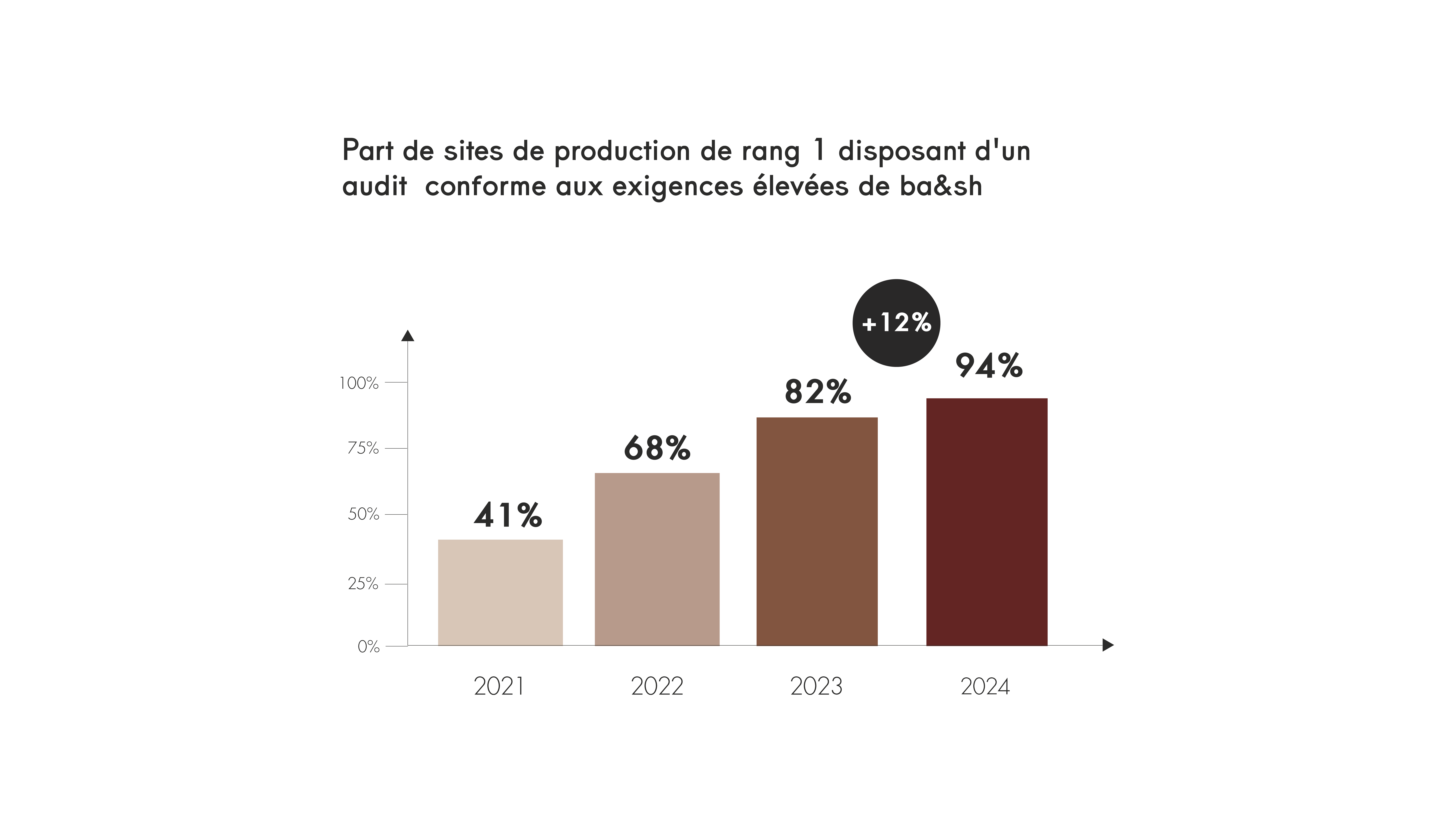
Our targets:
By 2025: 100% of Tier 1 production sites audited
By 2028: 100% of Tier 1 production sites audited and 30% of Tier 2 factories audited
Where are our products made?
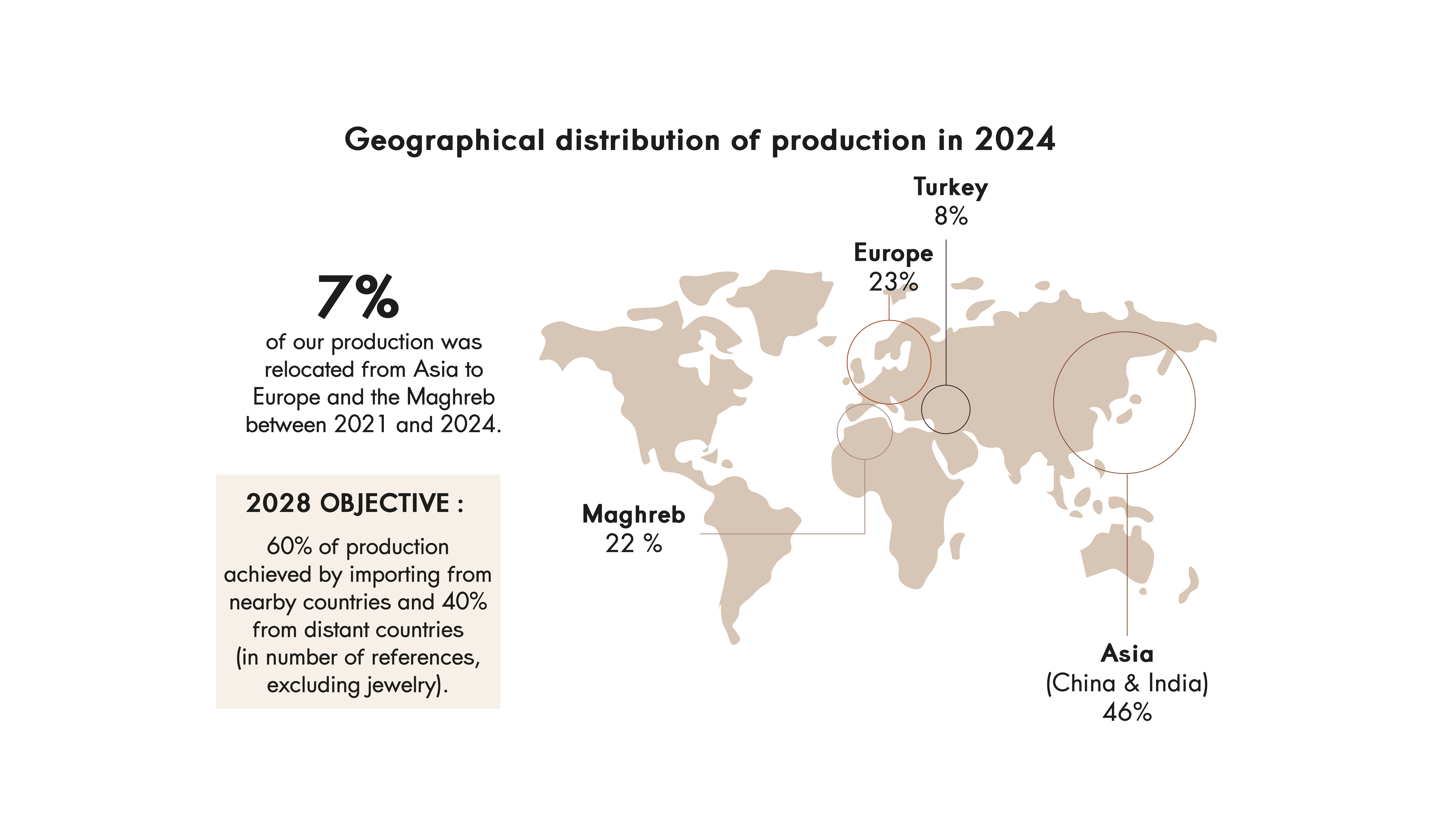


In 2024, 88% of our leather accessories were produced in Europe (Portugal, Italy, Spain).
Shedding light on manufacturing conditions, starting from the raw material: Fairly Made x ba&sh
From cultivating raw materials to manufacturing garments, the textile industry's supply chain is complex and opaque, often involving multiple suppliers at different stages of production. Hence, as early as 2020, we felt it necessary to strive for higher levels of traceability and offer transparency on how each ba&sh piece is made.
To this end, we require our suppliers to provide a detailed history for each product, in line with our responsible purchasing policy. And to make this information accessible to consumers, in 2022 we joined forces with Fairly Made.
Click here to access all the product sheets relating to the environmental qualities and characteristics of our products.
Our targets:
- 100% of our parts traced back to the origin of the raw material by 2028
- 100% of our parts traced back to the thread by 2025



Frequently asked questions
Raw materials account for 58% of our carbon footprint. Hence, they constitute an essential lever for reducing our impact. To reduce our greenhouse gas emissions and help preserve biodiversity, we select our materials with care, always choosing the best possible option, such as organic or recycled fibres, or certified materials that guarantee animal welfare and sustainable pasture management, based on labels with the highest standards.
And when the best option is not possible - due to lack of supply, for instance - we select the next best alternative.
To find out more, visit the “Materials” section of our website.
Since 2019, ba&sh has assessed its carbon footprint yearly, using the GHG Protocol methodology across all its direct and indirect activities.
In 2024, ba&sh's activities generated 65,576 tonnes of CO₂e, equivalent to driving around the world 7,528 times or flying 37,020 times between Paris and New York.
Between 2023 and 2024, ba&sh reduced its carbon footprint by 5%.
This reduction has been made possible thanks to 4 key action levers: increasing the proportion of certified materials in our collections, reducing air transport, cutting our production volumes and switching to less carbon-intensive, renewable energy for our infrastructures (sales outlets, warehouse and head office).
ba&sh has established a strict social compliance policy, which is appended to the General Terms and Conditions signed by all suppliers.
We require direct suppliers to conduct a social audit every 2 years. We recognise only the most demanding international standards: BSCI, SMETA, WCA, ICS. Suppliers are assessed on social performance criteria including: working conditions, remuneration, decent working hours, health and safety, rights to freedom of association and collective bargaining, environmental protection... Following the audit, ba&sh works together with suppliers in implementing corrective measures to address any non-compliance.
Since 2023, ba&sh has been a member of Amfori, a business association that helps companies improving working conditions in their supply chains. As of this year, we will also be conducting environmental audits in our denim laundries.
In 2024, 94% of our tier 1 production sites had been audited.
Our goal is to have 100% of our Tier 1 production sites audited by 2025, and 30% of our Tier 2 sites by 2028.
To find out more, visit the "Partners" section of our website.
In 2024, 53% of our production came from medium-haul import regions (Europe, North Africa, Turkey) while 47% came from long-haul import regions (China, India). Between 2021 and 2024, 7% of our production was relocated from Asia to Europe and North Africa.
We have no intention of stopping here: by 2028, we aim to have 60% of our production sourced from medium-haul import regions (Europe, North Africa, Turkey) and 40% from long-haul import regions (China, India).
To find out more, visit the "Partners" section of our website or read our sustainability report.
B Corp™ certification is based on an assessment of a company's overall impact in seven key areas: Mission & Stakeholder Governance, Climate Action, Human Rights, Fair Labor, Justice, Equity, Diversity & Inclusion, Environmental Management & Circularity and Public Affairs & Collective Action. This assessment is conducted using a comprehensive questionnaire which the company must complete itself, providing documents to support each claim.
To achieve certification, a company must score over 80 points. The evaluation process is demanding and rigorous. In the case of ba&sh, it lasted 18 months.
As a B Corp™, we’re part of a global community of businesses that meet high standards of social and environmental impact.
Our animal welfare policy has recently been updated in line with the recommendations of animal welfare nonprofit Four Paws, who has also reviewed our policy. This document is appended to our General Terms and Conditions, which are signed by all suppliers.
In concrete terms:
- ba&sh is committed to increasing its share of certified animal raw materials (RWS, RMS, GRS) to 70% by 2028. The RWS, RMS and RAS labels guarantee animal welfare and sustainable pasture management at certified suppliers. The GRS label guarantees the recycled origin of recycled textile fibres.
- ba&sh has banned the use of fur as a member of the Fur-Free Retailer Program.
- ba&sh prohibits the use of exotic leather (e.g. crocodile, snake, etc.).
- ba&sh has banned the use of down and feathers.
- ba&sh has banned the use of angora.
- ba&sh prohibits the practice of mulesing as a signatory to the Brand Letter of Intent initiated by Four Paws.
- ba&sh only uses recycled cashmere.
To find out more, visit the "Materials" section of our website or read our sustainability report.
















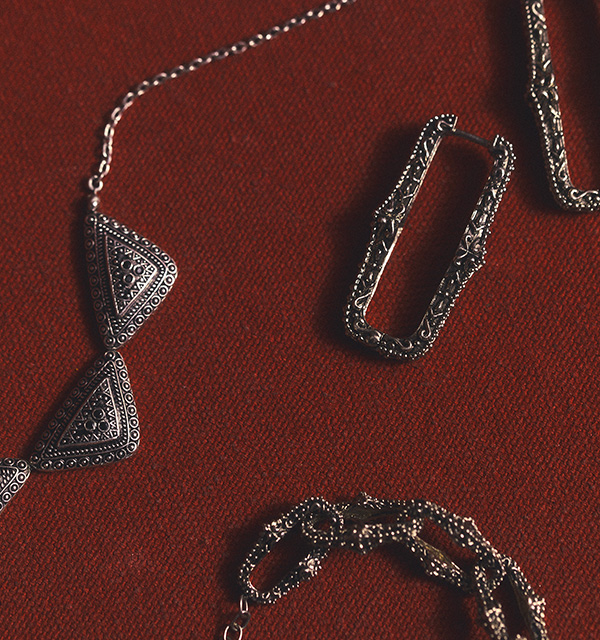
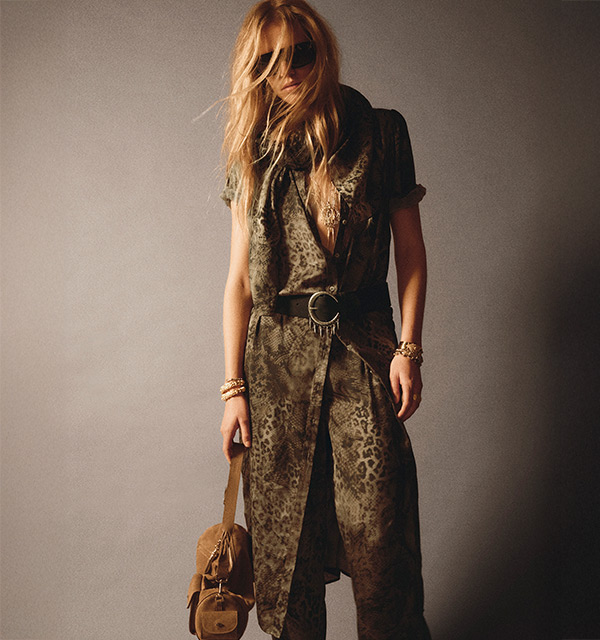

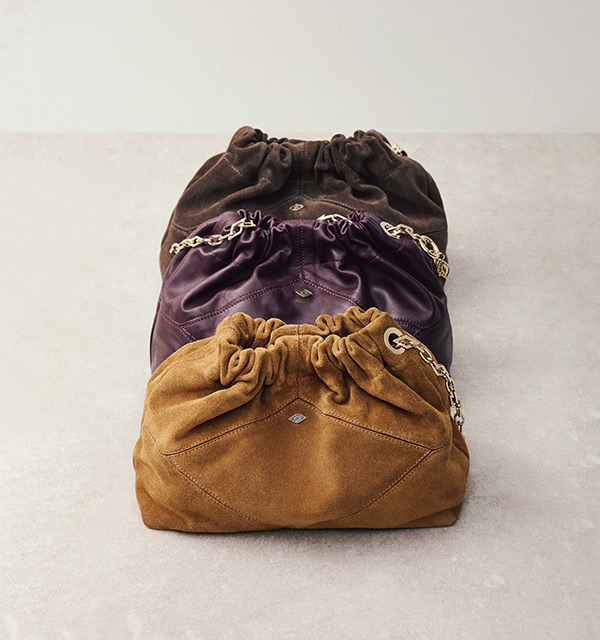



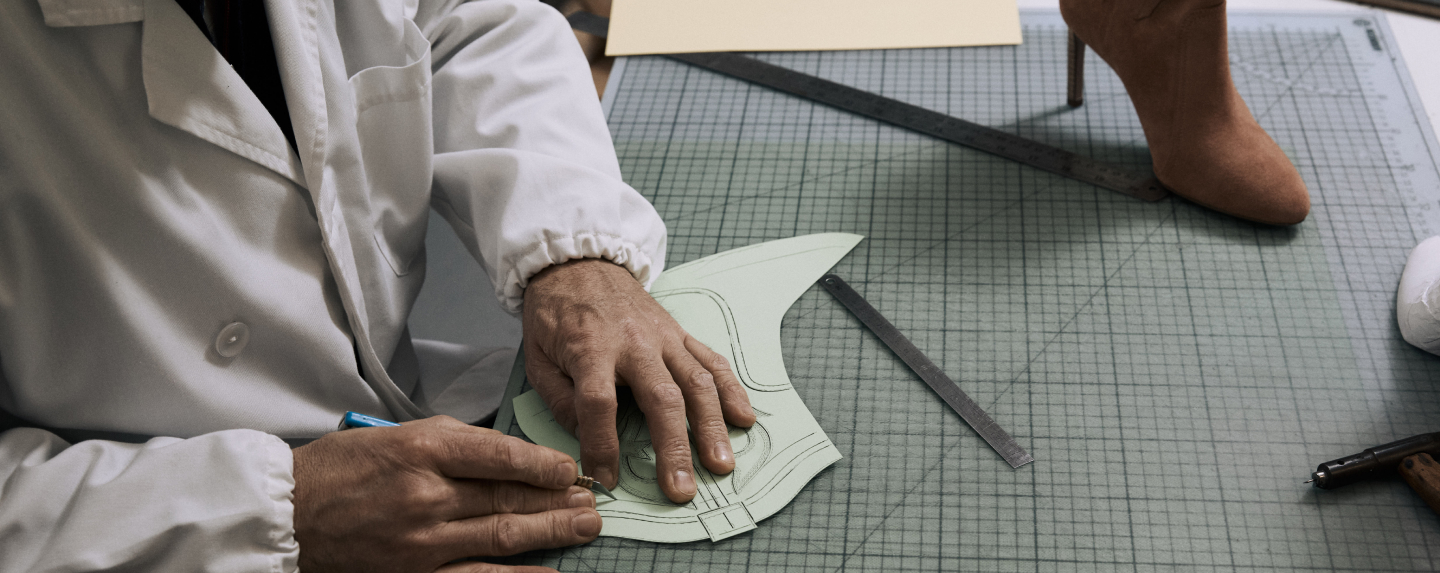

 TRACEABILITY REPORT
TRACEABILITY REPORT